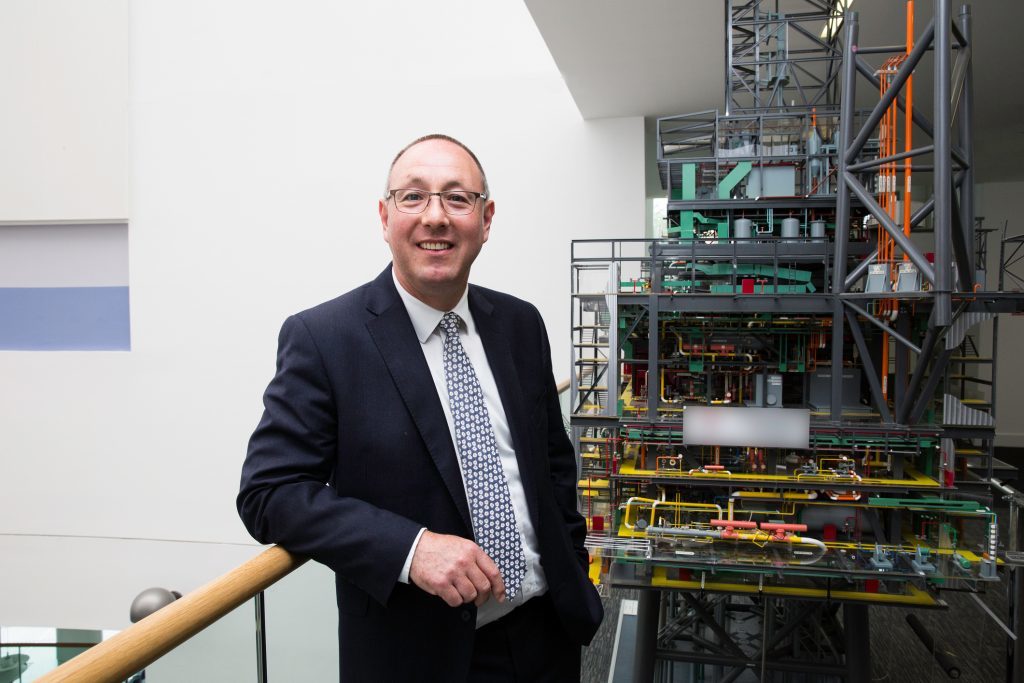
Every day, people in the UK are estimated to drink over 95 million cups of coffee, which is roughly equivalent to over 170,000 barrels a day of the black liquid in the UK alone. For those of us who get our brew from Starbucks, Café Nero or Costa Coffee, we are more than happy to pay upwards of £2 for this black magic. Although a small price to pay for a moment of happiness, the cost of this cup of coffee we enjoy so much is roughly equivalent to $900 per barrel.
Of course, the oil and gas sector is a different industry with completely different business dynamics. Even though oil prices have been highly volatile during the year, the Brent oil price In December 2018 is actually remarkably similar to the one at the end of 2017 – around $60 per barrel.
With the expectation that oil prices in 2019 will follow a similar pattern to 2018, a degree of optimism is returning to board rooms around the world. With 2018 almost finished and the reporting season around the corner, some commentators are forecasting robust financial results for many of the oil and gas producers. Although some of these profits will be retained to reduce borrowing, strengthen balance sheets and support dividends, it is anticipated that investment in the sector should still materially increase from 2019 onwards.
However, with the average break-even of many producers in the sector expected to continue to be between $50-$60 per barrel for the near term and with many new projects being approved on this basis, it is likely that supply chain activity will be locked in at such levels, limiting the potential for many service companies to pass on any material cost increases.
Closer to home, what does this mean for the UKCS? Subject to any complications associated with the Brexit process, the industry is certainly looking brighter and cheerier as we head into 2019. At current commodity prices, the basin is proving to be an attractive area for investment, evidenced by the over 14 new developments approved and progressed in 2018 – more than the total number over the last three years combined.
Moreover, the opportunities associated with Vision 2035 (adding a generation of productive life to the basin and doubling the export from the UK supply chain) and the energy transition will open up significant new and exciting opportunities for many companies across the UK.
Playing industry buzz word bingo, it is likely that cost management, efficiency, collaboration, capital discipline and workforce engagement will continue to feature heavily in 2019. However, with an increased focus on Vision 2035, new technology developments, diversification, energy transition, internationalisation and skills development, the next decade is probably going to look and feel different for all of us working in the industry. Planning for such a different pathway over the next decade is going to be key and many companies have already successfully started this journey.
So, the next time you enjoy your Starbucks coffee, personalised with your name on the cup, just take a few minutes to consider how much better the cup would taste if the price for this particular black liquid was actually $60 per barrel.
Recommended for you
